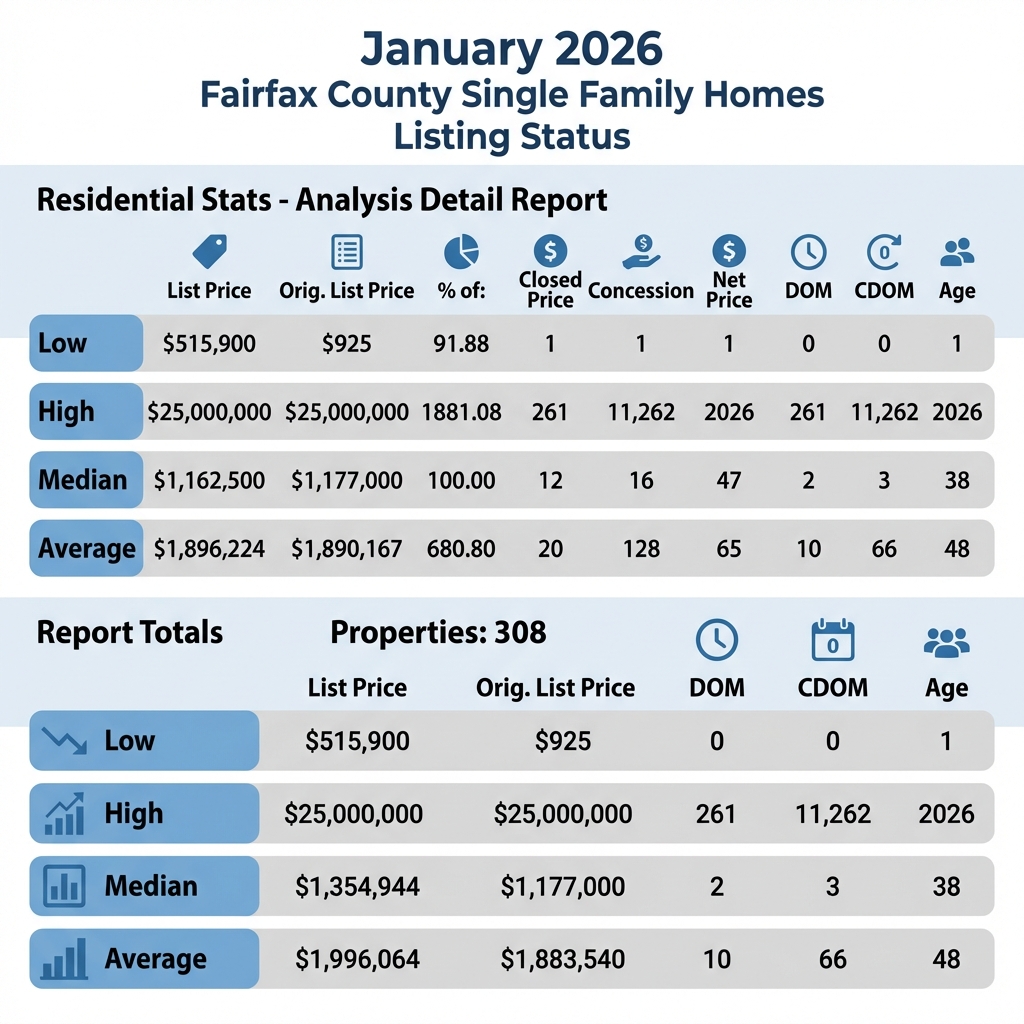Life happens. Whether it's a job relocation, a family emergency, or an unforeseen change in circumstances, sometimes tenants or landlords find themselves needing to terminate a lease early. But what are the legal and financial consequences of breaking a lease in Virginia? This guide walks you through your rights, responsibilities, and possible outcomes under a standard residential lease governed by the Virginia Residential Landlord and Tenant Act (VRLTA).
1. Can a Tenant Break a Lease Early in Virginia?
Yes, but there are conditions. According to the VRLTA and typical lease terms—such as those outlined in the NVAR residential lease form—early termination by the tenant doesn't automatically release them from their financial obligations. Unless the lease specifically allows for early termination (e.g., via a cancellation clause or early termination fee), a tenant who vacates early is typically responsible for:
- Paying rent for the remainder of the lease term
- Covering any damages to the property
- Reimbursing the landlord for costs related to re-renting the unit
However, the landlord has a legal duty to mitigate damages by making reasonable efforts to re-rent the property as soon as possible.
2. When Can a Tenant Legally Terminate Without Penalty?
There are specific situations where Virginia law allows a tenant to terminate a lease early without penalty, including:
- Uninhabitable conditions at move-in: If the unit presents a serious threat to life, health, or safety (such as no heat or running water), the tenant can terminate the lease within 7 days of the lease start date and receive a full refund of rent and deposit.
- Military relocation: Under the Servicemembers Civil Relief Act (SCRA), active-duty military tenants can terminate a lease if they receive orders for deployment or permanent change of station.
- Victims of domestic violence: Tenants who obtain a protective order may terminate the lease with 30 days’ notice.
- Landlord agreement: A tenant may negotiate an early release with the landlord in writing, often involving a cancellation fee or additional rent payment.
3. What Happens If a Tenant Breaks the Lease Without Just Cause?
If a tenant breaks the lease without legal justification or without the landlord’s written consent, they may still be responsible for:
- All remaining rent until the lease end date, unless the landlord re-rents the property sooner
- Any damages to the premises beyond normal wear and tear
- Advertising or leasing fees if incurred by the landlord
Landlords in Virginia must make a good-faith effort to re-rent the property to mitigate losses. The sooner the unit is re-rented, the less the departing tenant may owe.
4. What Are the Landlord’s Rights to Terminate Early?
While rare, landlords may also have valid reasons to terminate a lease early. Under the lease you provided, landlords can terminate the lease with proper notice in the following cases:
- Property damage or fire that renders the unit uninhabitable
- Tenant violation of lease terms, including nonpayment of rent, unauthorized occupants, or illegal activity
- Owner move-in, if the lease includes a clause allowing termination in the event of the landlord returning to occupy the unit (usually with 60+ days’ notice)
In cases of lease violations, the landlord must give the tenant a 21/30 notice—allowing 21 days to cure the violation, after which the lease may terminate on the 30th day if unresolved.
5. Key Takeaways for Landlords and Tenants
- Communication is key. If you're considering early termination, discuss your situation with the other party and attempt to reach a mutual agreement in writing.
- Review your lease carefully. Some leases contain an early termination clause or cancellation policy—be sure to understand yours before making a decision.
- Legal exemptions exist. Tenants who meet specific criteria (military service, uninhabitable housing, protective orders) may terminate without penalty.
- Document everything. Whether you're a landlord or tenant, put all communications, notices, and agreements in writing to protect your rights.
Disclaimer:
This blog post is for informational purposes only and does not constitute legal advice. I am a licensed real estate professional, not an attorney. For advice specific to your situation or to fully understand your legal rights and obligations, please consult with a qualified attorney familiar with landlord-tenant law in Virginia.
1. Can a Tenant Break a Lease Early in Virginia?
Yes, but there are conditions. According to the VRLTA and typical lease terms—such as those outlined in the NVAR residential lease form—early termination by the tenant doesn't automatically release them from their financial obligations. Unless the lease specifically allows for early termination (e.g., via a cancellation clause or early termination fee), a tenant who vacates early is typically responsible for:
- Paying rent for the remainder of the lease term
- Covering any damages to the property
- Reimbursing the landlord for costs related to re-renting the unit
However, the landlord has a legal duty to mitigate damages by making reasonable efforts to re-rent the property as soon as possible.
2. When Can a Tenant Legally Terminate Without Penalty?
There are specific situations where Virginia law allows a tenant to terminate a lease early without penalty, including:
- Uninhabitable conditions at move-in: If the unit presents a serious threat to life, health, or safety (such as no heat or running water), the tenant can terminate the lease within 7 days of the lease start date and receive a full refund of rent and deposit.
- Military relocation: Under the Servicemembers Civil Relief Act (SCRA), active-duty military tenants can terminate a lease if they receive orders for deployment or permanent change of station.
- Victims of domestic violence: Tenants who obtain a protective order may terminate the lease with 30 days’ notice.
- Landlord agreement: A tenant may negotiate an early release with the landlord in writing, often involving a cancellation fee or additional rent payment.
3. What Happens If a Tenant Breaks the Lease Without Just Cause?
If a tenant breaks the lease without legal justification or without the landlord’s written consent, they may still be responsible for:
- All remaining rent until the lease end date, unless the landlord re-rents the property sooner
- Any damages to the premises beyond normal wear and tear
- Advertising or leasing fees if incurred by the landlord
Landlords in Virginia must make a good-faith effort to re-rent the property to mitigate losses. The sooner the unit is re-rented, the less the departing tenant may owe.
4. What Are the Landlord’s Rights to Terminate Early?
While rare, landlords may also have valid reasons to terminate a lease early. Under the lease you provided, landlords can terminate the lease with proper notice in the following cases:
- Property damage or fire that renders the unit uninhabitable
- Tenant violation of lease terms, including nonpayment of rent, unauthorized occupants, or illegal activity
- Owner move-in, if the lease includes a clause allowing termination in the event of the landlord returning to occupy the unit (usually with 60+ days’ notice)
In cases of lease violations, the landlord must give the tenant a 21/30 notice—allowing 21 days to cure the violation, after which the lease may terminate on the 30th day if unresolved.
5. Key Takeaways for Landlords and Tenants
- Communication is key. If you're considering early termination, discuss your situation with the other party and attempt to reach a mutual agreement in writing.
- Review your lease carefully. Some leases contain an early termination clause or cancellation policy—be sure to understand yours before making a decision.
- Legal exemptions exist. Tenants who meet specific criteria (military service, uninhabitable housing, protective orders) may terminate without penalty.
- Document everything. Whether you're a landlord or tenant, put all communications, notices, and agreements in writing to protect your rights.
Disclaimer:
This blog post is for informational purposes only and does not constitute legal advice. I am a licensed real estate professional, not an attorney. For advice specific to your situation or to fully understand your legal rights and obligations, please consult with a qualified attorney familiar with landlord-tenant law in Virginia.
"Life happens. Whether it's a job relocation, a family emergency, or an unforeseen change in circumstances, sometimes ten..."


.jpeg)

.jpg)